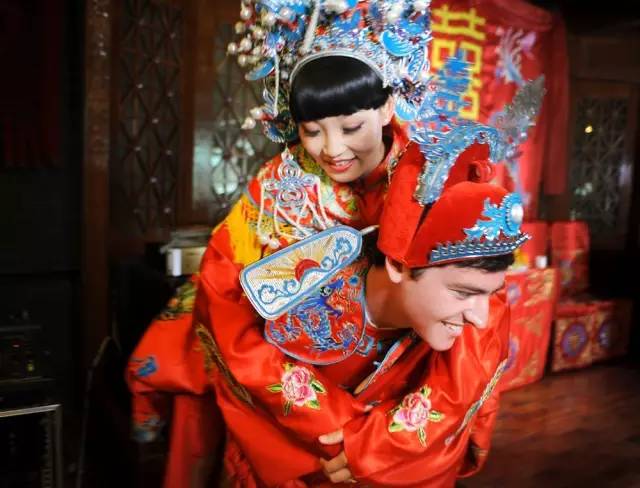Akash Ghai, a 23-year-old photojournalism graduate of the Pennsylvania State University, came to the Photo Department of China Daily early this June. As the first foreign intern of the department in its 35-year history, Ghai, who was born in the United States and grew up in India, discovered the country through his lens.
During his two-month stay , Ghai has become a part of the department. He participated the department’s editorial meetings at 9am every day, took pictures in Beijing for his assignments, and discussed photos with editors in the office.
Despite the language barrier, Ghai impressed his editors with his neat notes, professional techniques and modest attitude. Once after he took photos of a Muslim prayer in Beijing’s Niujie mosque, he had a sleepless night comparing his work with a Reuters photographer’s, which impressed us deeply.
Since Ghai’s internship is coming to an end, we have selected some of his photos to share with you through the newspaper and our online platforms. Through these photos, Ghai shows what he saw and felt about China from his unique perspective.
Before coming to China, whatever little I knew about the country came from my interaction with Chinese people abroad, news reports by foreign media and endless speculation. I always felt that the mainland was culturally similar to India, where I grew up, and radically different from the US, where I was born. I never expected to see a Tesla on the road or use Uber to get around the city, but as they say, anything is possible in China.
Once I arrived, one of my first concerns was whether I’ll be able to photograph freely on the streets of Beijing. Will locals shoo me away? Would they want to be photographed by a stranger? Will the photos be compelling?
Besides this, I was concerned with what I wanted to say about China through my photographs. Did I want to blindly add to the ongoing narrative or focus on aspects that one doesn’t see in the news. Would I spend my time photographing the guards at Tiananmen Square or rather be exploring the punk scene in Beijing? Many of these answers became clearer when I began documenting the city through news assignments and daily features.
My first assignment came minutes after I arrived at the photo department. There was a loud procession on the street outside and my editor told me to run. Getting there I realized the procession was a traditional Chinese wedding between an American and a Chinese girl. It was a unique and exciting start to my internship. The photo was published on China Daily and widely circulated online; I was elated.
However, my initial photographs were really weak, and my editors were the first to tell me that. They felt that the images were shot by an outsider. I often urged them to send me to faraway places in China to cover natural disasters like the ongoing floods, tornadoes and possible earthquakes. They patiently told me that Beijing was my backyard, one I had to master before zipping across disaster-hit cities in China.
Late June, I was covering a Muslim prayer service for Ramadan in Beijing’s Niujie mosque and was quite satisfied with my images that day. Then I saw work from a photographer who shot the same event for Reuters; I had some trouble sleeping that night. I was nowhere close.
I knew I was doing something wrong but I wasn’t sure what it was. I tried shooting more often, with different lenses, at better locations; nothing seemed to work.
During my final review earlier this month, my editor pointed out the common error in most of my photos. My perspective was too narrow, and I wasn’t shooting for the background. People in my photos seemed isolated, in a way that said nothing about where they were. The focus was good, lighting seemed fine, moments were nice but the context was missing. For the past few days I’ve been thinking about context while shooting, and I see my work has improved, even my editors seem happier. The next step is to capture more emotion.
While I’m here, I want to use my foreign perspective as a strength, with the understanding that what may be exotic and unfamiliar to me, may be equally familiar and mundane to a Chinese audience. Although my photographs at China Daily are primarily for a foreign readership, I am curious about how Chinese people see my work. Am I just another outsider projecting my own idea of China onto my photographs, or am I able to work and think like someone who belongs here? Does my work depict China accurately? Does it provide any insight that one may not get from books? Is it meaningful?
At this point I have more questions than answers and I feel like I’ve only scratched the surface. Although I would love to play in my backyard for a few years, I hope to one day, play in the field.


留言
您必须登陆 才能发表评论。